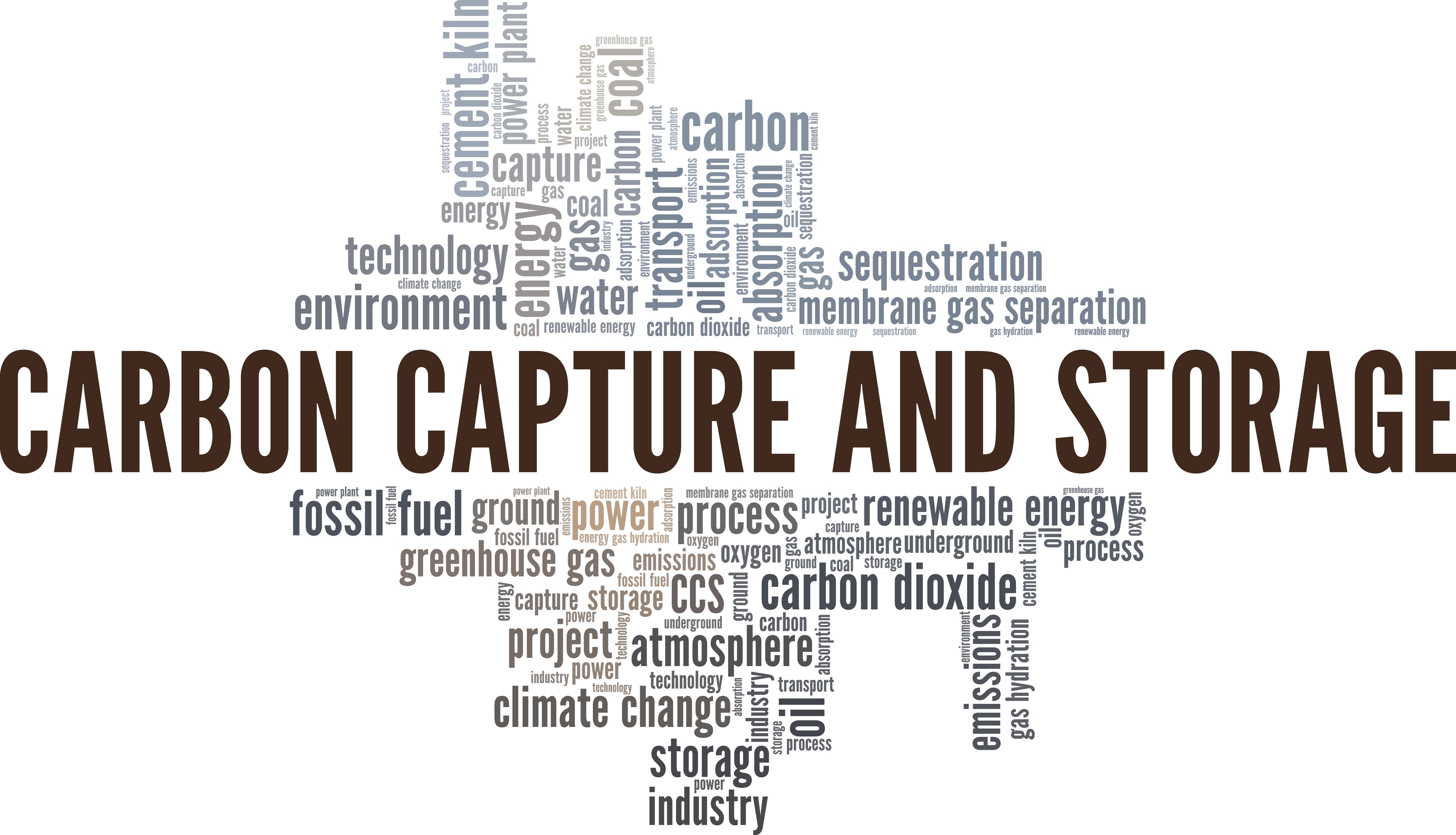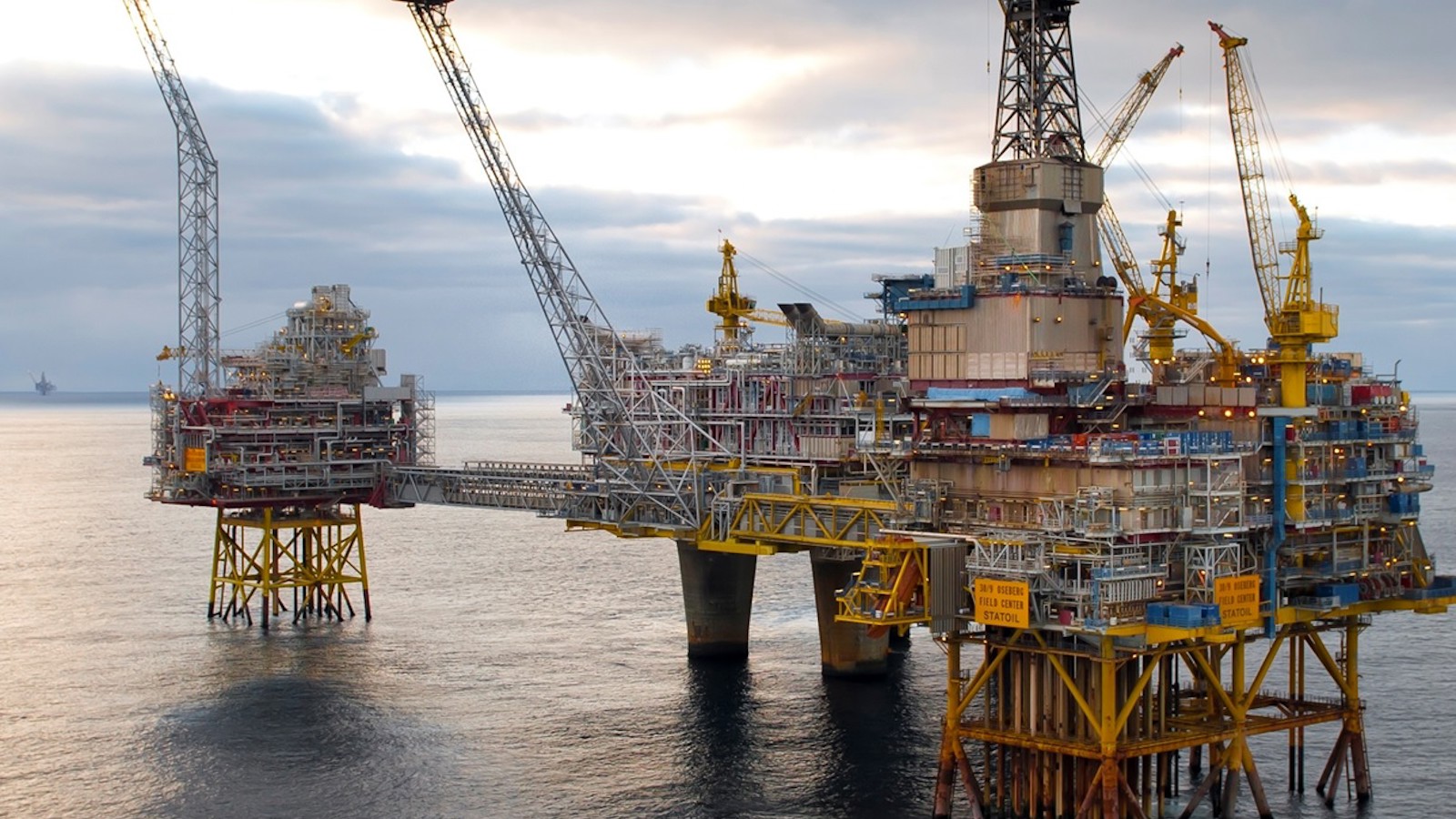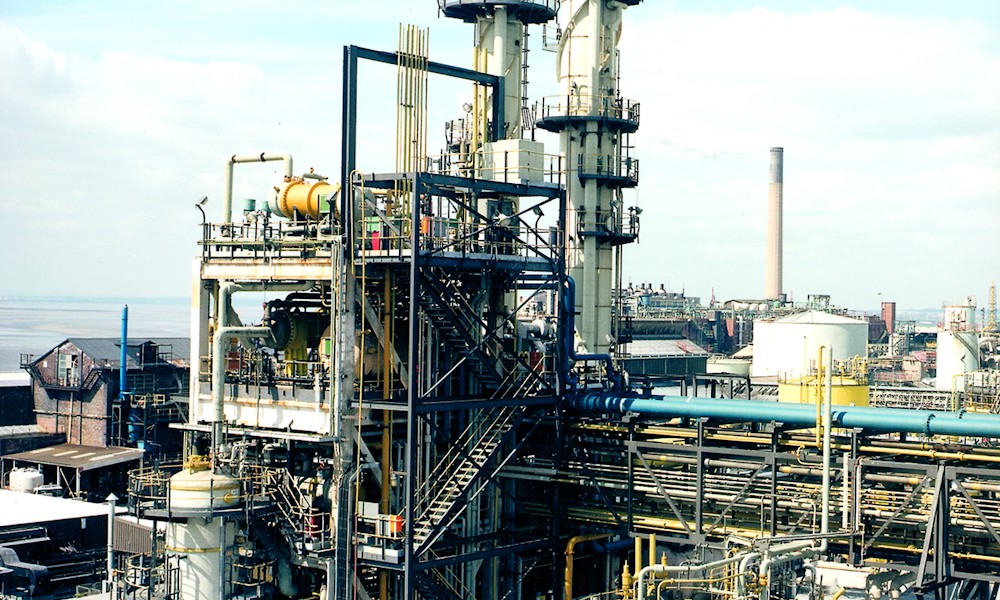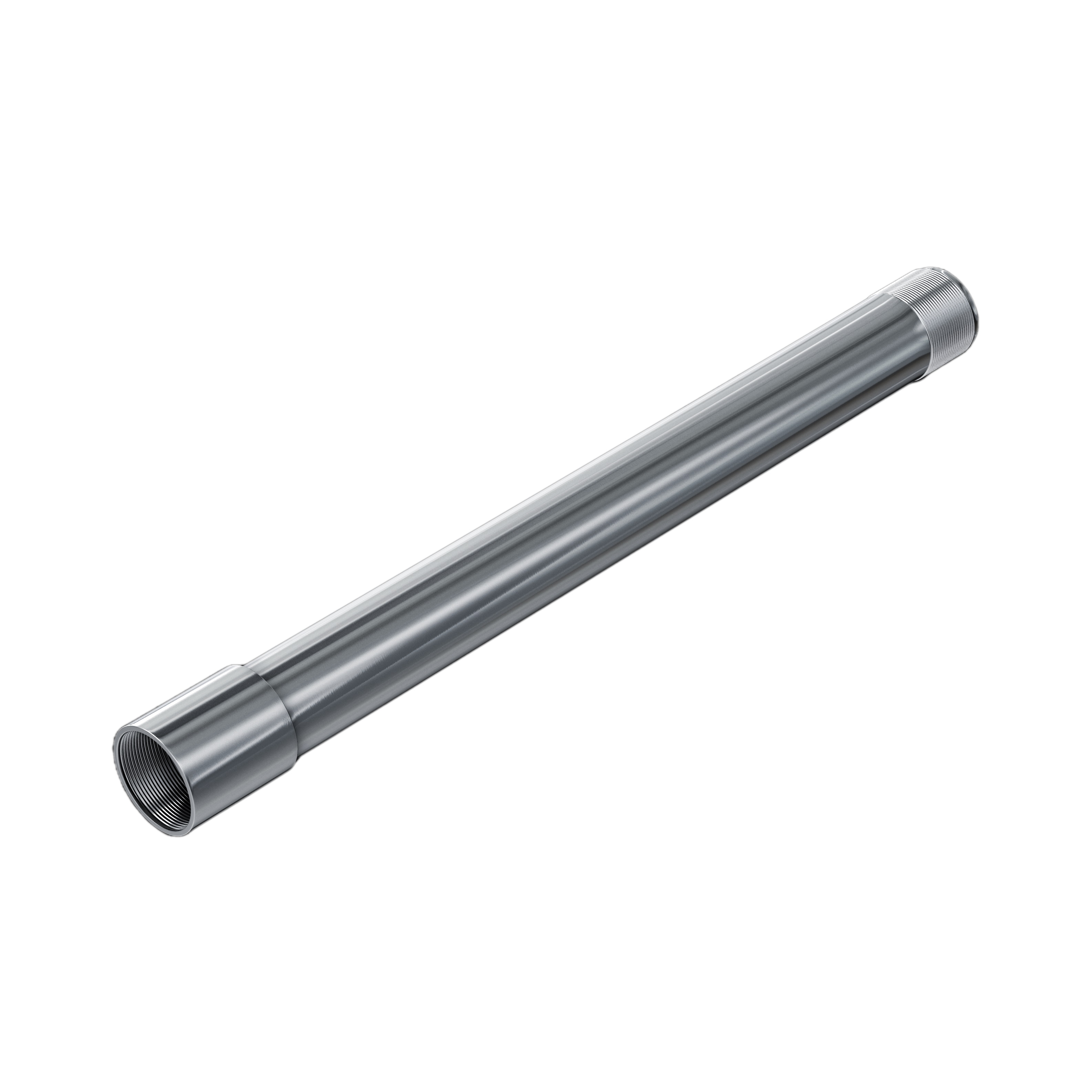Carbon capture and storage is seen as an important tool for reducing carbon in the air as well as direct capture from emission sources.
The momentum has continued to grow over the last few years. Currently, CCS has grown by 44% over the last year. The current CO2 capture capacity has grown to 244 Mtpa (metric tons per annum). [Source: Global CCUS Institute]
“Various industries like Steel, Cement, Hydrogen (Blue), and conventional oil and gas production are actively looking at possibilities to retrofit carbon capture units and reduce their emissions. This is also being incentivized by various governments, especially the USA, who have drafted policies and incentives to meet their net zero emissions targets” says Karan Jain, Renewables Lead for CCS, Alleima.

The idea of storing CO2 deep underground in geological formations like depleted oil and gas reservoirs or saline aquifer formations is seen as a viable solution because it can store CO2 safely for a very long time. The oil and gas industry is heavily focused on safety and preventing accidents, and that mindset is also being transferred to carbon storage. So, all the wells being used require field-specific considerations to be able to resist whatever environmental properties exist there. Alleima can provide the types of corrosion-resistant alloys that can resist those environments, so we see a growing demand for those types of products.




 The process of injecting CO2 to enhance oil recovery is a well-known practice in the Oil and Gas industry. Alleima has extensive knowledge of corrosion mechanisms involving CO2 with impurities as well as formation environments often including chlorides and H2S together with low pH and high temperature, and a strong portfolio of manufacturing special alloy tubes that can withstand these corrosive environments. Together with its Alliance partner
The process of injecting CO2 to enhance oil recovery is a well-known practice in the Oil and Gas industry. Alleima has extensive knowledge of corrosion mechanisms involving CO2 with impurities as well as formation environments often including chlorides and H2S together with low pH and high temperature, and a strong portfolio of manufacturing special alloy tubes that can withstand these corrosive environments. Together with its Alliance partner